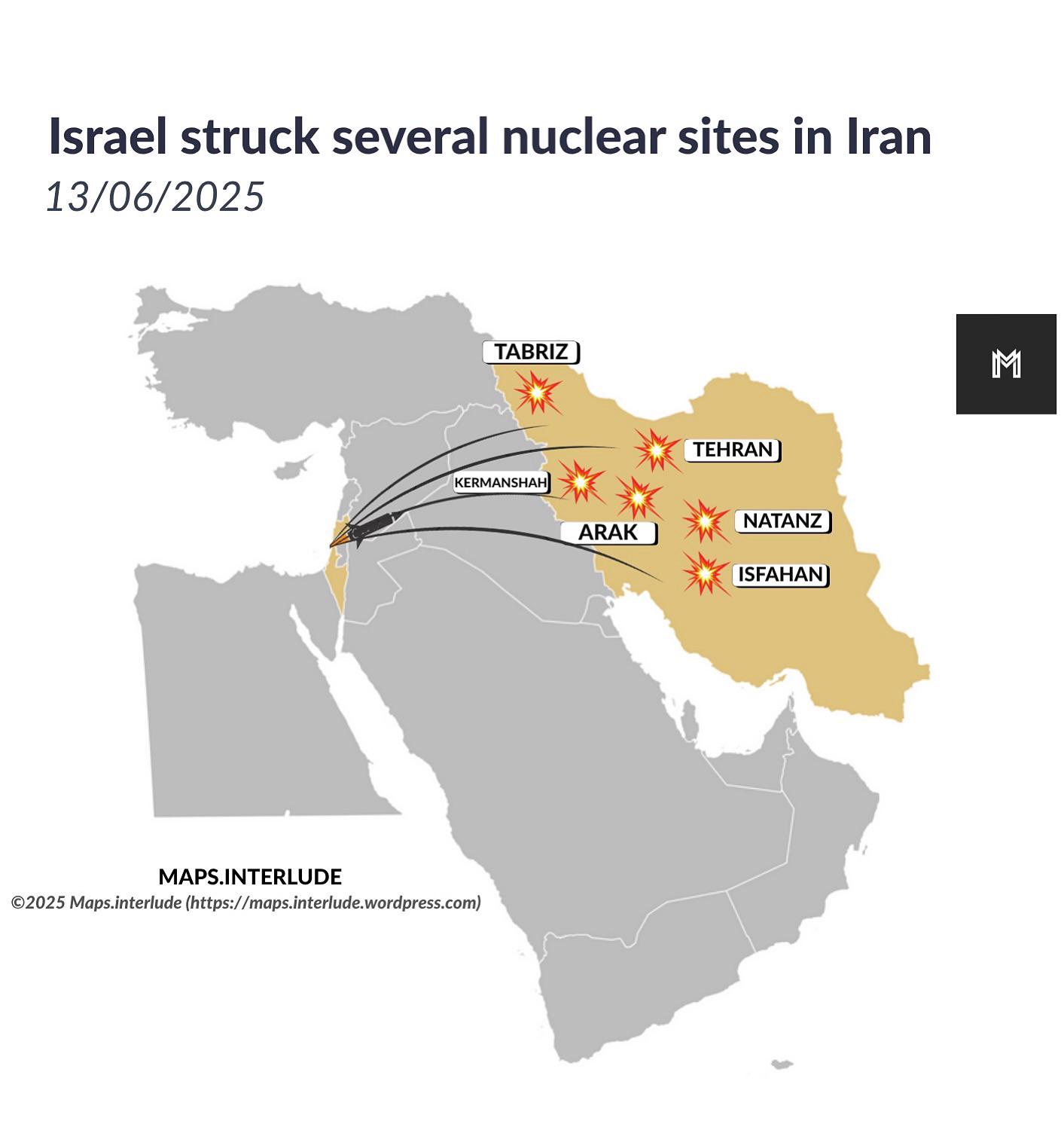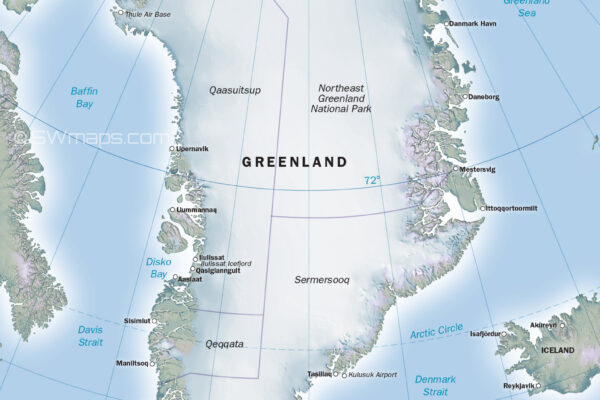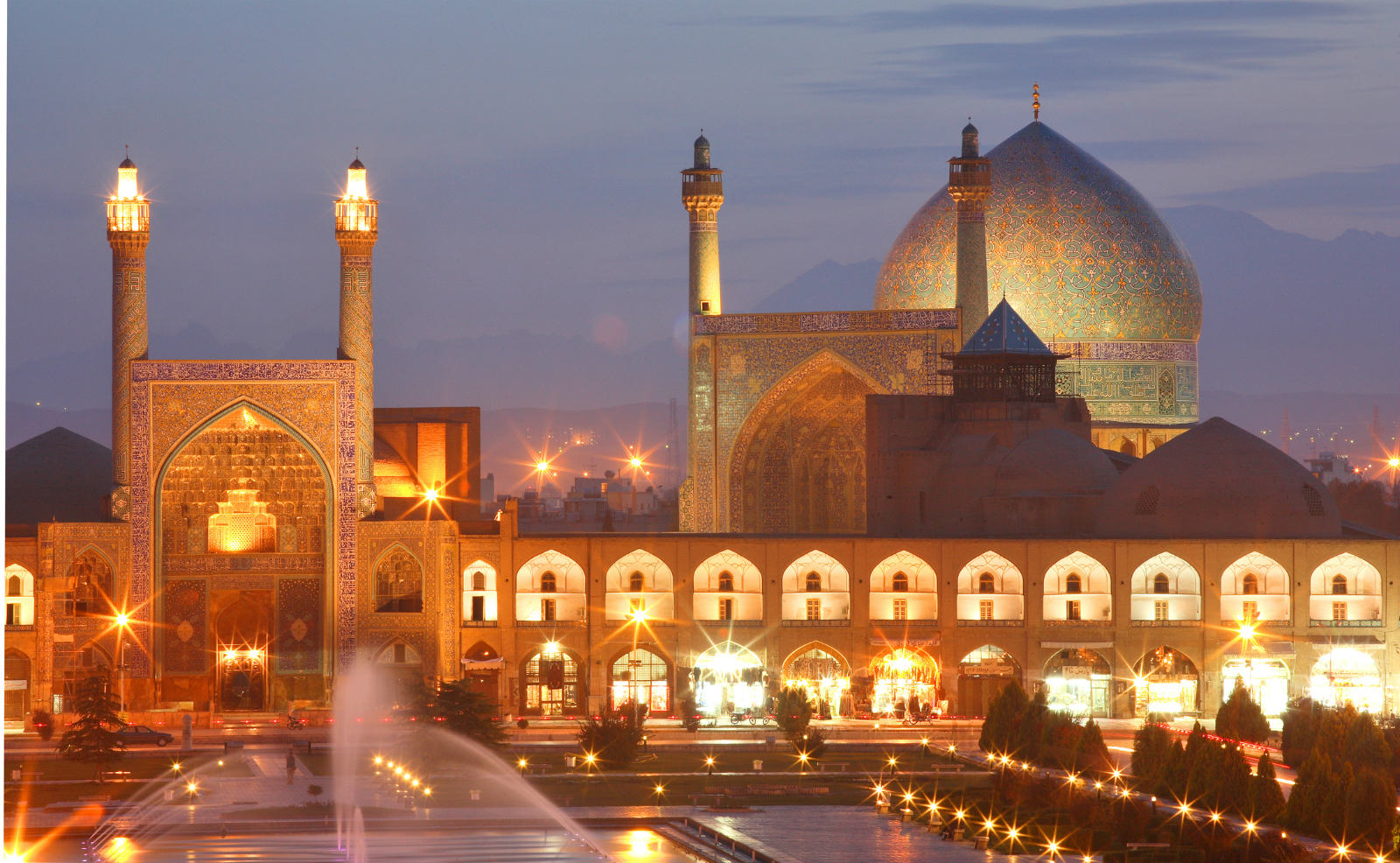
Introduction
The ongoing tensions between Iran and Israel have escalated significantly, capturing global attention. This conflict is deeply rooted in geopolitical, ideological, and historical factors. Understanding why Iran is attacking Israel is crucial as it has far-reaching implications for regional stability, international relations, and the safety of millions of people.
The Background of the Conflict
Historically, Iran has been opposed to Israel since the 1979 Islamic Revolution. The Iranian government views Israel as a primary enemy, largely due to its support for Palestinians and its alliance with the United States. The animosity has intensified as Iran has developed military capabilities and regional influence, often framing its actions as a defense of Palestinian rights against Israeli aggression.
Recent Escalations
In recent months, tensions have surged following several incidents involving drone strikes and missile attacks purportedly carried out by Iranian forces or proxies against Israeli targets. These attacks have been justified by Iranian officials as retaliation for Israeli actions in Syria, where Israel conducts airstrikes to diminish Iranian military presence close to its borders.
Regional Alliances and Strategic Interests
Iran’s moves are also influenced by its alliances with groups such as Hezbollah in Lebanon and Hamas in Gaza, which are engaged in direct conflict with Israel. The Iranian leadership sees these groups as pivotal in their strategy against Israel, often supplying them with military resources to strengthen their position. Additionally, the shifting dynamics in the Middle East, including the normalization of relations between Israel and several Arab nations, have prompted Iran to act assertively to counterbalance its isolation.
International Reactions
The international community watches these developments closely, with concerns growing over a potential broader conflict. The United States has reaffirmed its support for Israel, while European nations have called for de-escalation and dialogue. However, the complexities of Iranian internal politics, Western sanctions, and regional power struggles often hinder diplomatic solutions.
Conclusion
The situation between Iran and Israel remains volatile and precarious. Continuous conflicts and attacks could escalate into wider confrontations, affecting global security. Understanding the motivations behind Iran’s actions is essential for grasping the broader implications for Middle Eastern stability. As world powers engage in diplomacy, the hope remains that regional tensions can be reduced, paving the way for peace and security in the region.
You may also like

Understanding the Significance of the Greenland Map

Current Events: What’s Happening in Iran

Key Developments and Current Events in Iran
SEARCH
LAST NEWS
- Remembering Wendy Richard: The Promise to Co-Star Natalie Cassidy
- How Did Anglian Water Achieve an ‘Essentials’ Rating for Mental Health Accessibility?
- Shai Hope Leads West Indies in T20 World Cup Clash Against South Africa
- What We Know About Weston McKennie: Future at Juventus and Past at Leeds
- What We Know About the Upcoming Live Nation Antitrust Trial